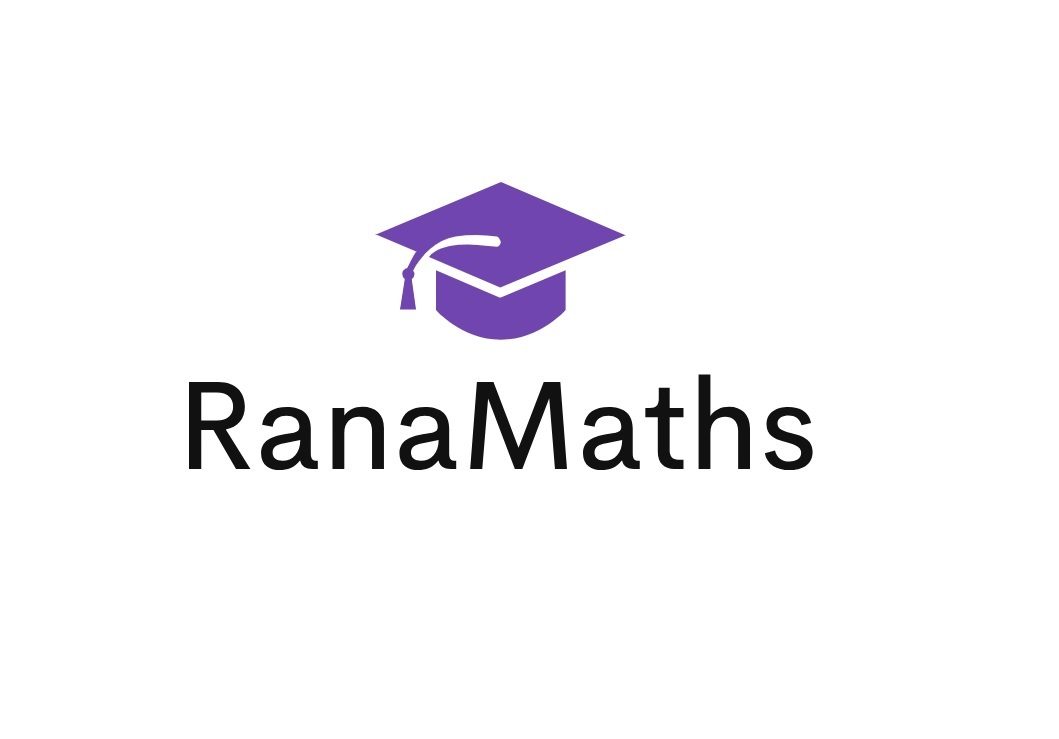Functional analysis is a branch of mathematics that extends concepts from linear algebra and calculus to infinite-dimensional spaces, particularly vector spaces of functions. It provides a framework for studying spaces of functions, linear operators, and their properties.
Functional Analysis is a branch of mathematics that extends and generalizes the concepts of vector spaces and linear algebra to infinite-dimensional spaces. At the undergraduate (BS) and graduate (MSc) levels, students delve into the intricate theory of functional analysis, which has profound applications in various fields, including pure mathematics, physics, and engineering.
1. Normed and Banach Spaces:
- Normed Spaces: Introduction to spaces equipped with a norm, a function that measures the size of vectors.
- Banach Spaces: Completing normed spaces, emphasizing completeness and convergence.
2. Inner Product Spaces:
- Inner Products and Hilbert Spaces: Defining inner products and exploring Hilbert spaces.
- Orthogonal Bases and Orthonormal Sets: Studying orthonormality and its applications.
3. Linear Operators:
- Bounded and Unbounded Operators: Understanding operators between normed or Banach spaces.
- Compact Operators: Exploring compactness and its role in linear operators.
4. Duality and Weak Topologies:
- Dual Spaces: Introduction to the dual space of a normed or Banach space.
- Weak Topologies: Examining topologies weaker than the norm topology and their significance.
5. Spectral Theory:
- Spectrum of Operators: Understanding the spectrum of linear operators.
- Functional Calculus: Extending calculus concepts to operators.
6. Distribution Theory:
- Generalized Functions: Introducing distributions as a framework for generalized functions.
- Fourier Transforms: Applying distribution theory to Fourier transforms.
7. Sobolev Spaces:
- Function Spaces with Derivatives: Defining Sobolev spaces to study functions with weak derivatives.
- Applications in PDEs: Using Sobolev spaces to address partial differential equations.
8. C*-Algebras and Operator Algebras:
- Algebras of Operators: Exploring algebraic structures related to operators.
- C-Algebras: Defining C-algebras and their properties.
9. Applications:
- Quantum Mechanics: Applying functional analysis to quantum mechanics.
- Functional Analytic Methods in PDEs: Employing functional analysis tools to solve partial differential equations.
10. Advanced Topics:
- Non-commutative Geometry: Exploring connections between functional analysis and non-commutative geometry.
- K-Theory and Index Theory: Introducing advanced topics in algebraic topology and operator theory.
Functional Analysis provides a profound understanding of infinite-dimensional spaces and their structures. The applications of functional analysis extend beyond pure mathematics, impacting diverse areas such as quantum mechanics, signal processing, and the study of partial differential equations. The course equips students with advanced tools to analyze complex mathematical structures and solve problems in various scientific and engineering domains.
Keep visiting our website www.RanaMaths.com
